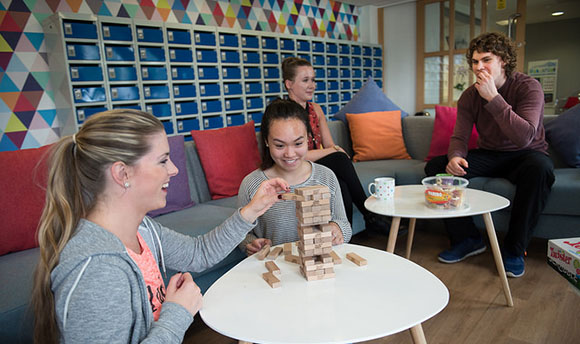I originally began a draft of this blog post months ago, and in re-reading it for submission, I realised it would be a disservice to the topics included not to rewrite the whole thing. The timing of this post going up – for Pride Month, and on the cusp of a general election – doesn’t escape my notice. While the subject of who we are in our research, and allowing ourselves to take up space has (I hope) broad relevance, I do want to take an opportunity to discuss the impacts of political climate on an individual basis – I hope you can all forgive me for getting so personal with this. Allow me to begin with a rather blunt statement; I am transgender.
It is a joke amongst my friends that within a few minutes of knowing me, you’ll know that I’m Queer. There are a variety of reasons for this, but most commonly (as I just demonstrated above) it is because I’ll tell you. Within the first few sentences of any conversation, it will come up. So, it only felt appropriate to begin this blog post the same way. This time, however, it’s because of research and a point of tension in it that I keep circling back to within mine: How much of ourselves do we put in our work?
My research is about queer identity and self-expression. I’m studying how we costume characters with queer identities on British Stage and Screen. My identity and my research are inextricably entwined – one motives and contextualises the other. I only began looking at this subject out of a deep-rooted frustration born of seeing nobody like myself on the screen. Yet, including that in my writing has been a pendulum of determination and uncertainty. I find myself reluctant to be as up front in my academic work as I am in my personal and social life. The United Kingdom is not a friendly place for trans people right now: Political parties willing to defend our rights are few; and many are willing to remove them one step at a time. It is hard to live your life when you are the subject of continual political debate – one everyone seems to have an opinion on. It is entirely possible that my identity will have lasting impacts on my career. I worry my work will be dismissed simply by nature of having been written by me; or rather by the version of me constructed by people who hear “trans” first and ignore all else. The political landscape has called into question how credible others will find my research.
Imposter syndrome rears its ugly head in the form of an incessant question: should I be the one doing this? Is there someone more ‘acceptable’?
Imagine my surprise to hear fellow PhD candidates asking the same question about their own work but for the opposite reasons! It seems a question that researchers ask themselves often: If they are not part of the group their research focuses on, should they step aside and allow a member of that group to conduct the research? Are they speaking over others? Is there someone more ‘deserving’? On both sides of the coin, we are left concerned about how we (and our work) will be perceived. What do we have to reflect on, and how do we address any assumptions our identities cause within our academic writing? Perhaps most personally - how do I balance all these anxieties against my desire to ‘take up space’? Ironically, my debate over including my identity in my academic writing mirrors the subject I’m writing about; “experimenting with fashion is a way of both displaying and accepting difference – or a way of passing and becoming invisible under the guise of heterosexuality” (Geczy & Karaminas, 2013, p. 7). With invisibility comes a feeling of security, but it does so at the cost of celebrating diversity.
Research is incredibly personal, and sharing those personal elements for the sake of transparency is a vulnerable act. Sometimes it is difficult for us to see the value of our perspectives when we spend so much time analysing the biases within them. It is all too easy to slip from constructively critical, to
destructively so. The confidence to be aware of ourselves, and stand in defence of our work is surely a part of the PhD journey, but it is a part I am grateful to have time to come to terms with.
There is not a single solution to this – there may not be a ‘solution’ at all. The question of who we are in our work is one that we each need to answer individually. For me: It may be time I relearned to be loud and proud (on paper, as well as in person) – it is hard to advocate for LGBT+ visibility while trying to be invisible.







